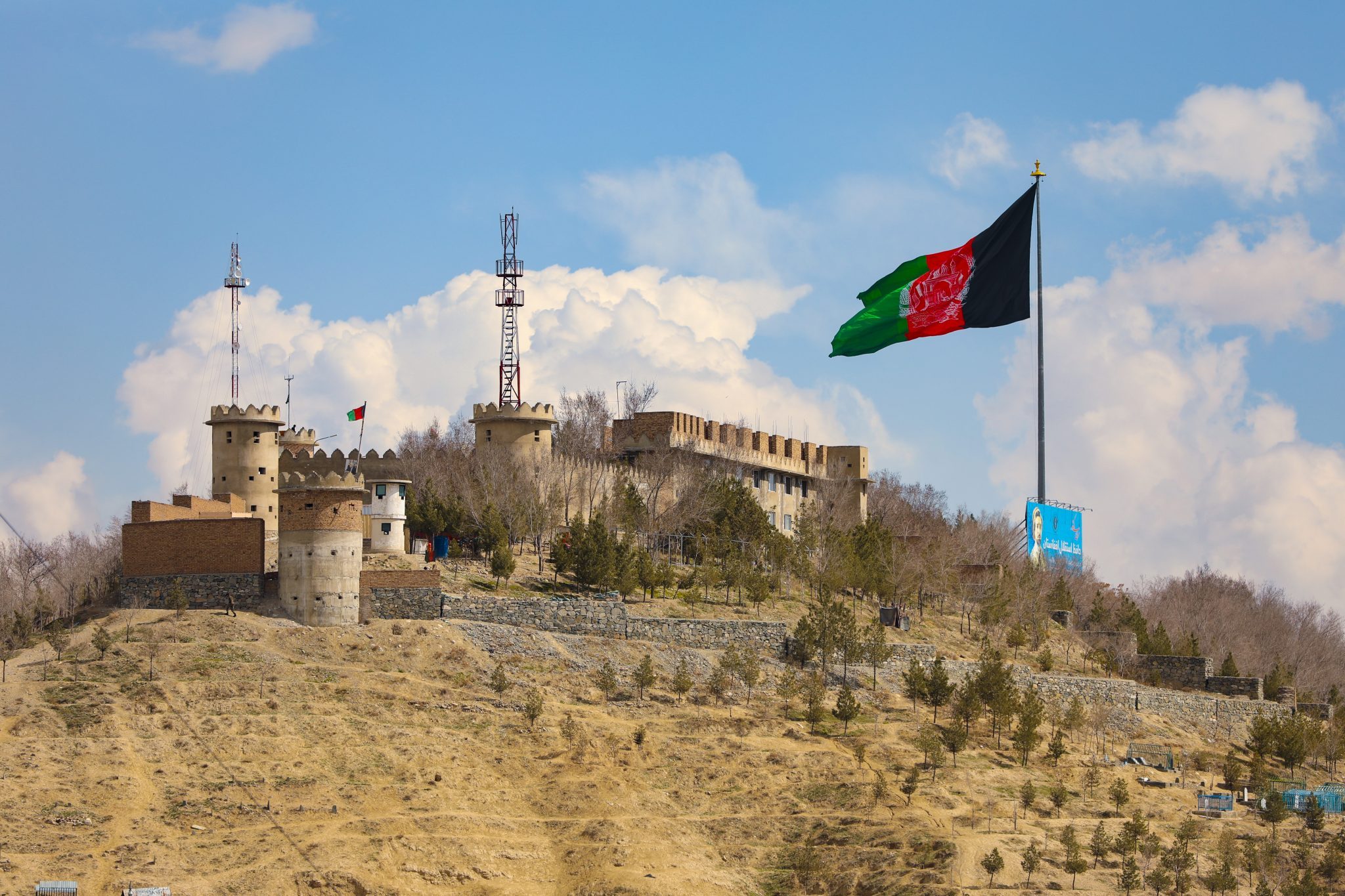The meeting, set to take place on June 30, is the third one after the Taliban was uninvited to the first and declined to attend the second summit.
A United Nations diplomat has urged the Taliban to participate in an upcoming conference on Afghanistan in Doha, stating that their involvement could help redirect crucial global attention to the crisis-torn nation.
Malick Ceesay, who leads the UN Assistance Mission in Afghanistan (UNAMA) liaison office based in Pakistan, highlighted the urgency of the situation during an informal dialogue with religious scholars from the South Asian countries on Tuesday, according to reports.
“We are hopeful that this time around, the Islamic Emirate will send its representatives (to Doha) to be able to engage with the international community in a constructive and effective manner,” he said, using the official title of the Taliban government in Kabul.
The UN confirmed that the third Doha meeting, which involves special representatives for Afghanistan from various countries, is scheduled for June 30 and will span two days.
Speaking at a meeting hosted by the independent Centre for Research and Security Studies in Islamabad, Ceesay noted that the international focus had dramatically shifted away from Afghanistan due to the Israeli war on Gaza and the Russia-Ukraine conflict.
“That’s a concern for the United Nations. We don’t want Afghanistan to be forgotten,” Ceesay said.
A UN spokesperson said that the conference aims to enhance international engagement with the Taliban and the broader Afghan context “in a more coherent, coordinated and structured manner”.
UN Secretary-General Antonio Guterres initiated the first Doha Meeting in May 2023.
The Taliban were not invited to the first session and declined to attend the second last February.
And while the Taliban have publicly stated their intention to send a delegation to the upcoming Doha meeting, they have not formally confirmed their participation as they are still reviewing the final agenda.
Mawlawi Abdul Kabir, the Taliban’s Deputy Prime Minister for Political Affairs, said that their participation in the meeting is contingent on the world’s acceptance of their demands.
The involvement of civil society members was a contentious issue during the second Doha meeting last February, leading to the Taliban’s refusal to participate.
Ceesay acknowledged ongoing concerns about the Taliban’s legitimacy due to their restrictive policies on women and lack of inclusivity in governance.
“These are all tied together. The Islamic Emirate leadership knows that this is the reason why the recognition is not coming,” he remarked.
Restricting polices on women and girls
Following the chaotic withdrawal of the United States and NATO forces, the Taliban’s takeover of Kabul in August 2021 has left the country in a precarious situation.
Despite holding control, no nation recognises the Taliban as Afghanistan’s legitimate government.
Since its takeover, the acting Afghan government imposed restricting policies on women and girls, despite initially promising a more open rule when they assumed power.
Women have since been unable to work or receive education, sparking major concern among the international community and rights organisations. The Taliban have barred girls from getting an education beyond the sixth grade and forbid women from going to universities and working in most professions.
Ceesay did not shy away from criticising the Taliban’s interpretation of Islamic law regarding women’s rights.
“Islam never says that women should not go to school, and Islam never says that women should not go to work. Which (version of) Islam and which Quran says that? It’s not found in there,” he said.
Defending their actions, the Taliban insists that these measures are domestic affairs and rejects the criticism as unwarranted interference.







